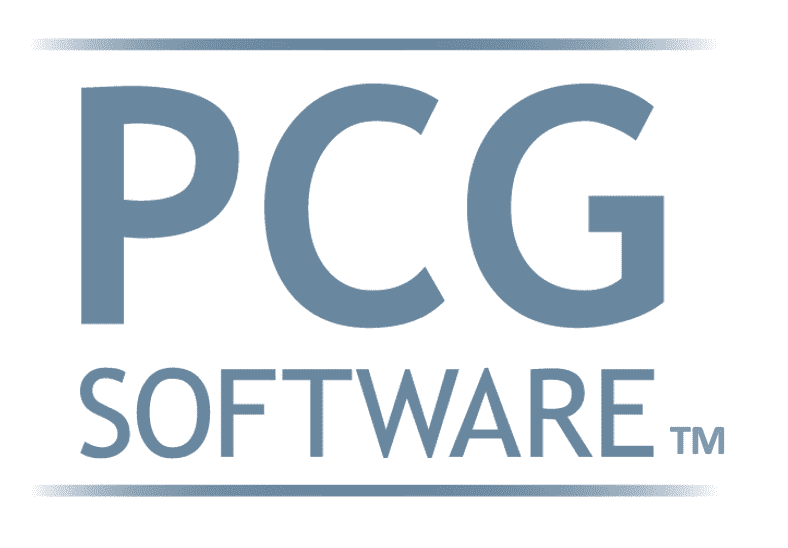J7999: HCPCS and CPTs, and Avastin Discussion
Billing for healthcare services can be complex and challenging, and proper coding is crucial to ensure accurate reimbursement. HCPCS (Healthcare Common Procedure Coding System) codes are used for reporting and billing medical services and supplies. Among the many HCPCS codes, J7999 is a miscellaneous code used to report non-specific or unlisted drugs, biologicals, or radiopharmaceuticals. Despite its versatility, J7999 can be confusing and prone to errors if not used correctly. This comprehensive article aims to demystify HCPCS Code J7999 and provide a step-by-step guide on how to properly bill for it, including coding guidelines, documentation requirements, and best practices to ensure compliance and maximize reimbursement. Lastly, we finish this article with a discussion on the usage of J7999 in reference to Avastin and it’s biosimilars. This information will be valuable in this article for your clinic or billing practice, it can be found in mere seconds with iVECoder. For a full FREE 7-day trial contact us today.
Introduction to HCPCS Code J7999
HCPCS Code J7999 is a miscellaneous code used to report drugs, biologicals, or radiopharmaceuticals that do not have a specific HCPCS code assigned. It is typically used for unlisted drugs, biologicals, or radiopharmaceuticals that are not covered by any other existing HCPCS code. J7999 allows providers to report these products for reimbursement purposes when no other more specific code is available. However, because of its generic nature, J7999 can be challenging to use correctly and can result in billing errors or denials if not properly documented and coded.
Proper Coding of HCPCS Code J7999
Proper coding of HCPCS Code J7999 is essential to ensure accurate reimbursement. Here are some key coding guidelines to follow when billing for J7999:
- Verify Medical Necessity: Before using J7999, it is important to ensure that the use of an unlisted drug, biological, or radiopharmaceutical is medically necessary and meets the criteria for coverage according to payer guidelines. Medical necessity should be documented in the patient's medical record.
- Exhaust Other Options: J7999 should only be used when no other specific HCPCS code exists for the drug, biological, or radiopharmaceutical being billed. Providers should first check if there is a more specific HCPCS code that accurately describes the product being used. If a more specific code exists, it should be used instead of J7999.
- Follow Payer Guidelines: Different payers may have specific guidelines or requirements for reporting J7999. It is important to familiarize yourself with the payer's policies and guidelines to ensure compliance and avoid billing errors.
- Use Modifier Appropriately: When billing J7999, it may be necessary to use a modifier to further describe the product being billed. Commonly used modifiers for J7999 include "JG" for drug/biological administered in the patient's home, and "UD" for an unclassified drug or biological. The appropriate modifier should be used according to payer requirements and documentation should support the use of the modifier.
- Provide Detailed Description: When using J7999, it is crucial to provide a detailed description of the drug, biological, or radiopharmaceutical being billed. The description should include the generic and/or brand name of the product, strength, dosage form, and route of administration. Providing a detailed description helps to establish the medical necessity and appropriateness of the product being billed.
Documentation Requirements of HCPCS Code J7999
- Accurate and complete documentation is crucial when billing for J7999. Proper documentation should support the medical necessity and appropriateness of the unlisted drug, biological, or radiopharmaceutical being billed. Here are some documentation requirements to keep in mind:
- Detailed Product Information: The documentation should include a detailed description of the drug, biological, or radiopharmaceutical being billed, including the generic and/or brand name, strength, dosage form, and route of administration. This information should match the description provided on the claim form.
- Medical Necessity: The documentation should clearly establish the medical necessity of using the unlisted drug, biological, or radiopharmaceutical, and should include relevant clinical information such as the diagnosis, patient's condition, and response to previous treatments. This information should support the use of J7999 as the appropriate code for billing.
- Supporting Documentation: Providers should maintain all relevant documentation, such as manufacturer's package inserts, National Drug Code (NDC) numbers, and any other supporting information that validates the use of J7999. This documentation should be available upon request for payer audits or reviews.
Best Practices for Billing HCPCS Code J7999
To ensure proper billing for J7999 and avoid potential denials or audits, it is important to follow best practices. Here are some best practices to consider:
- Stay Updated with Coding Changes: HCPCS codes are subject to updates and revisions, and new codes may be added or existing codes may be retired or modified. It is crucial to stay updated with the latest coding changes and guidelines to ensure accurate billing. Regularly review updates from the Centers for Medicare and Medicaid Services (CMS) and other authoritative sources. Stay updated by signing up for FREE trial with iVECoder.
- Understand Payer Policies: Different payers may have specific policies and guidelines for billing J7999. Familiarize yourself with the policies of the specific payers you work with, including Medicare, Medicaid, and commercial insurance plans. Ensure that you are aware of any prior authorization requirements, coverage limitations, and documentation requirements for J7999.
- Double-Check Documentation: Accurate and complete documentation is crucial for the proper billing of J7999. Double-check the documentation to ensure that it includes all the necessary details, such as the detailed description of the product, medical necessity, and any supporting documentation. Ensure that the documentation is consistent with the information provided on the claim form.
- Proper Use of Modifiers: If using a modifier is required when billing J7999, ensure that the appropriate modifier is used according to payer requirements. Double-check the accuracy of the modifier and ensure that it accurately describes the product being billed.
- Review Claims Before Submission: Before submitting a claim with J7999, review the claim form and supporting documentation to ensure accuracy and completeness. Verify that the information provided, including the product description, dosage, and route of administration, matches the documentation and is consistent with payer guidelines.
Avastin J7999
Avastin is created by the Pharmaceutical Manufacturer, Genentech. Avastin is an anti-angiogenic therapy (tumor-saving) use alongside chemotherapy to prevent tumor growth. To find out more about the drug you can utilize iVECoder or Virtual AuthTech through PCG Software, or you can visit
Genentech.
Avastin Non-Ophthamologic Use and HCPCS
- Avastin for J9035 for non-opthamologic use (10mg).
- Q5017 for biosimilar (MVASI; 10mg).
- HCPCS Q5118 for biosimilar (ZIRABEV; 10mg).
- Effective 1/1/23; HCPC Q5126 for biosimilar (ZIRABEV; 10mg).
- Effective 1/1/23; HCPCS Q5129 for Vegzelma.
Avastin Ophthamologic Use and HCPCS
- Part B MAC should be C9142, J9035, Q5017, or Q5118 (billed for one eye).
- ASC (ambulatory) should be C9257 (0.25mg; injection) when within the surgical center setting.
- ALYMSIS (biosimilar; 10mg) should be used with Q5126 per 1/1/2023.
- MVASI (biosimilar; 10mg) should be used with Q5107 per 1/1/2023.
- ZIRABEV (biosimilar; 10mg) should be with Q5118 per 1/1/2023.
Avastin RT, Avastin LT, Avastin 50
If intravitreal injection uses CPT 67028 with site modifier (RT, LT, or 50) to indicate if performed unilaterally or bilaterally. Without this modifier, you will likely be denied.
Additional Quick Links
Our History and Credibility in Reporting this Information:
For over 30 years, PCG Software Inc. has been a leader in AI-powered medical coding solutions, helping Health Plans, MSOs, IPAs, TPAs, and Health Systems save millions annually by reducing costs, fraud, waste, abuse, and improving claims and compliance department efficiencies. Our innovative software solutions include Virtual Examiner® for Payers, VEWS™ for Payers and Billing Software integrations, and iVECoder® for clinics.


